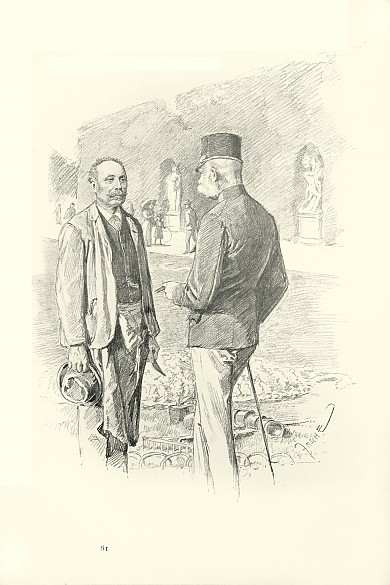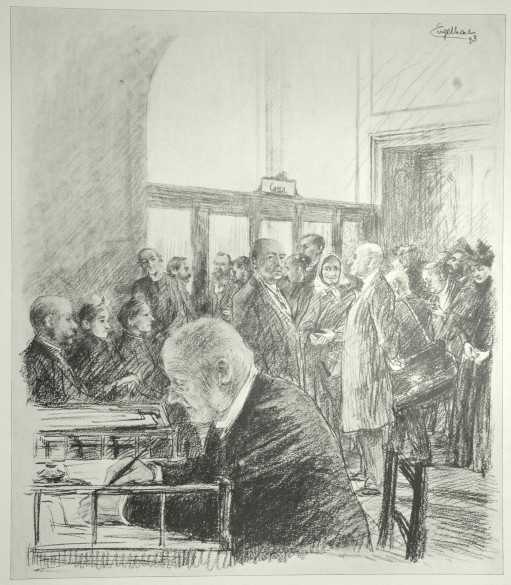Employer: His Imperial and Royal Apostolic Majesty, the Emperor
The legal requirements of eligibility for a position within the Viennese Court were in principle not excessively stringent; applicants needed to be under thirty-five years old, single and citizens of Austria-Hungary.
Nevertheless, it was not exactly easy to become part of the huge machinery of the Viennese Court. There was great demand for available positions, and so having the right connections was extremely advantageous, with preference being given to children of servants already in the royal household. Neither were the conditions of entry exactly promising; applicants started right at the bottom, and had initially to prove themselves by working for years as trainees. When they finally obtained that sought-after permanent post, they had to swear an oath of loyalty to the imperial family. Sticking power was the most important career-planning tool. Staff slowly served their way up the ladder, waiting for positions to become available. Recruitment took place exclusively from the Court's own staff reserves, and there was no possibility of lateral entry.
Yet despite all the disadvantages, such secure employment was attractive, no employee was ever dismissed, and working for the Court meant that the employee and their dependants would be provided for throughout the rest of their lifetime. While at the beginning of one's career, it was necessary to be single, once one had been in the service of the court for a certain amount of time, or from a particular rank upwards, permission to marry was granted. Indeed the Court provided support to families with many children, and even had its own in-house nursery (‘Kinderbewahranstalt’), as well as providing care for widows and orphans of court servants.
Wages were below average, but this was more than offset by substantial social benefits. The Court offered free medical care and guaranteed old-age provision during a time when the state social-welfare system did not yet exist. The notion of ‘holiday’ in the modern sense was still unknown, but leave was however granted for family or health reasons. One of the biggest advantages, in view of the notorious shortage of accommodation and exorbitant rents in ‘good old Vienna’, was the free accommodation provided.
No wonder, therefore, that as a result of this social network, servants of the court formed a close community and kept themselves to themselves. Under the same roof as the Habsburg dynasty lived veritable servant clans, families who had worked in imperial service for generations. And at the Viennese Court, tradition was writ very large ...
















